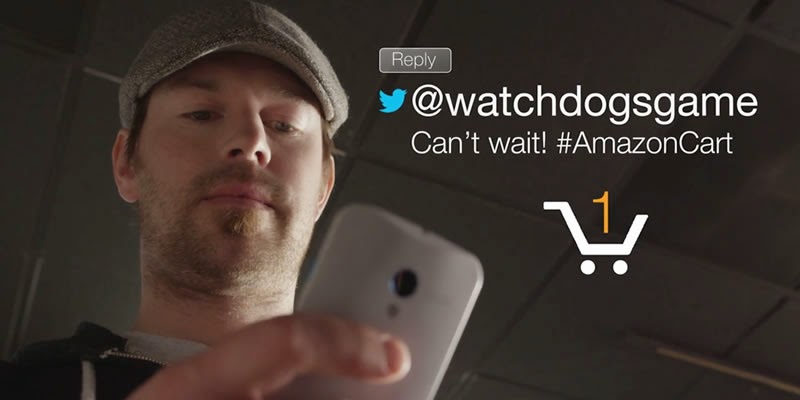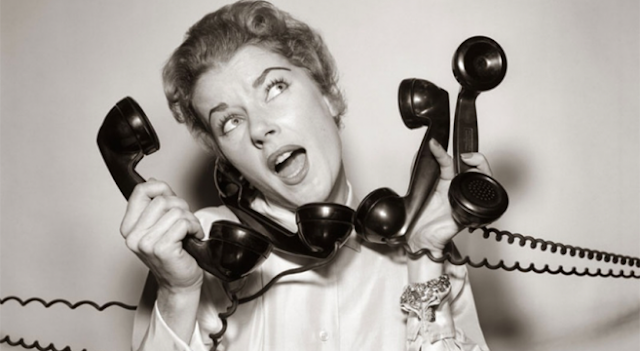#Amazon Cart
Have Consumers Embraced #AmazonCart?
The ultimate consumerization of shoppers is here! Sometime back, Amazon introduced #AmazonCart, a feature that let users add items to their shopping cart straight from Twitter. This is enabled after after users synced their Twitter account to Amazon, after which a reply to any tweet that includes an Amazon link/product tweet with the hashtag "#AmazonCart" (in the US or "#AmazonBasket" in the UK) automatically adds the product to the users' cart on Amazon's website.
The integration with Twitter serves as a bookmarking service, with the items remaining in the cart until the user checks out. The value that is being derived is that Twitter offers a great discoverability environment for customers, especially for product recommendations from experts, brands and friends. And it is exactly this demographic that is being pursued. But is this feature being embraced by customers? Amazon's Twitter integration feature is a good business model for Twitter, which has so far relied on sponsored Tweets (http://cnet.co/Q765cS).But is Amazon seeing a net increase in checkouts to purchases?

Why #Amazon Cart?
The idea of #AmazonCart probably was built on a seamless transaction environment (remember the stages of consumer decision making--need identification, research and so on?) The #AmazonCart helps user to instantaneously bookmark a product that he/she is interested in, and more likely to buy, especially since the environment is integrated between discovery and purchase (source: bit.ly/VndbwF). Or as some have been hailing it --as the frictionless path to ominchannel selling (onforb.es/1fTXtmr)
Why Not?
Our tweets are public, and will consumers like their purchase decisions being made public too? Will this result in advertisers sending out more tweets with Amazon product links? (http://cnet.co/Q765cS)
There is no immediacy of purchase because the items are added in the users' cart to be purchased later. Questions are also being raised about how effective is a 140-character product pitch? Enough to make you want to consider buying it rightaway? Without doing some further research about the item itself? Which leads to the more compelling question--what data did Amazon have to roll-out this feature--does product purchase/ product click behaviour through Twitter merit this feature? (Source:onforb.es/1sb6x6k)
Customers might even resist this further invasion of yet another attempt to turn their feed stream into an online mail catalog. Would a "reply" bring more product related advertisements? More so, since there is a time lag leading to the purchase, would it reduce the likelihood of actual purchase, hence questioning the value of the feature itself?
As one article rightly points out, an interesting use case might be that this acts as a favorite button for Twitter power users who want to bookmark an item and search up more on it later (Source: onforb.es/1sb6x6k)


Comments
Post a Comment